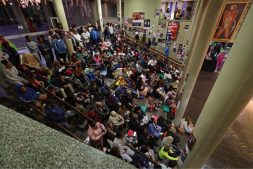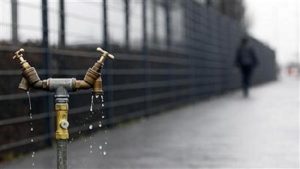A multi-faceted digital storytelling lab in Makhanda in the Eastern Cape is changing the way we tell stories. The lab brings innovation, creativity and improved digital literacy to the Makana community. It gives storytellers an opportunity to explore and share their ideas and stories on a worldwide basis.
Digital storywriter, Anna Talbot, says digital storytelling appeals to the younger generation.
“I think that story telling is very much alive, like you say we share it on Whatsapp stories, on our Facebook stories, on Instagram; everywhere. I think the idea of digital story telling is to really appeal to a newer generation of story tellers. In fact, in all the content that we produce, we really do go back to that Intsomi style of parents reading in bed, tapping into that feeling of sharing that story and now taking it to the next level and being able to share your story for the benefit of a common good.”
The Social Innovation Hub is part of the Common Good First project, a global initiative funded by the European Union and comprising of six South African universities and five international universities.
Digital storytelling is an approach to the ancient art of storytelling that uses modern technologies to create short stories comprising of different elements of multimedia; photo, video and audio.
The hub has also become a lifeline for most of the community members the Makhanda area, many of whom only started using a computer after joining this project. Student at the hub, George Goliath, says he joined the programme in order to be able to assist his daughter with her schoolwork.
“I joined the programme because my daughter is doing grade 12 and I was trying to assist her in her work. That’s why I came to this community engagement, to help me improve my ability to help her in her work and I’ve learned a lot in a short time.”
Another student, Ndileka Ncula, says the programme has helped her improve her computer skills.
“This programme has helped in improve my computer skills, which are important for my line of work as a housekeeper because I must make requisitions and send emails”
Only 25% of South Africans in the Eastern Cape’s rural communities use the Internet, compared with over 75% in places like Gauteng and Cape Town. Director of Community Engagement: Rhodes University, Diane, Hornby, says that they do not have public internet access in Grahamstown (Makhanda) east.
“Currently we have no public internet access in Grahamstown east and that’s usually problematic because in poverty, inequality and the problem with jobs; is huge here. Without internet, how do you remain connected? So the digital divide is one of the things that we hope we will begin to address.”
An added feature; social innovators can upload their stories for like-minded people around the world to read.






